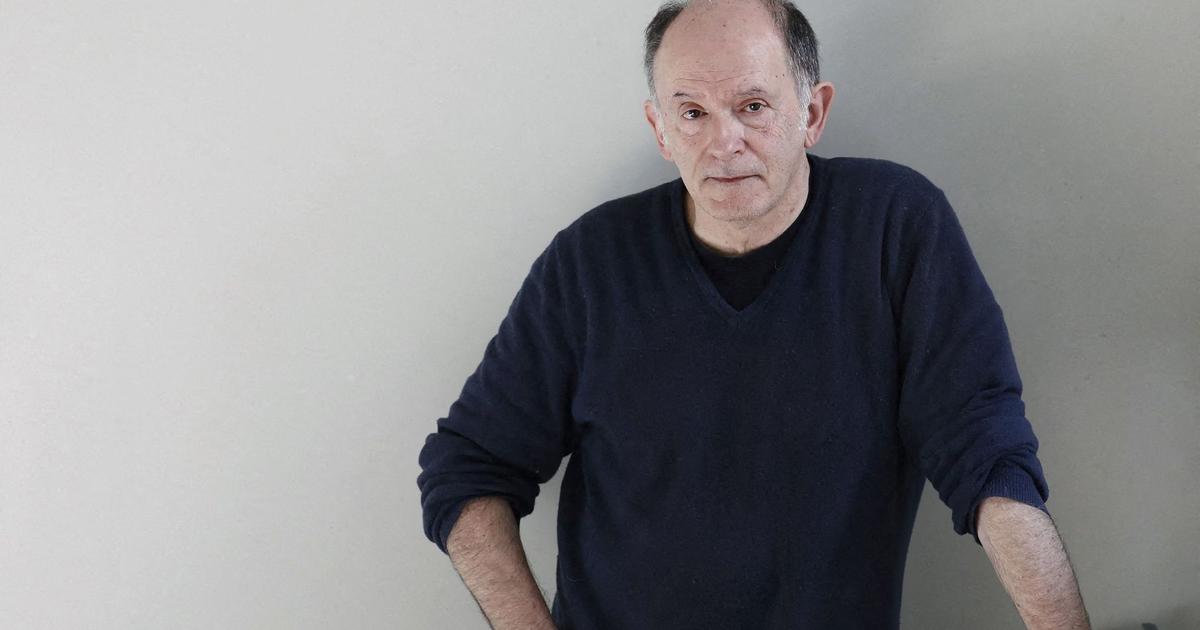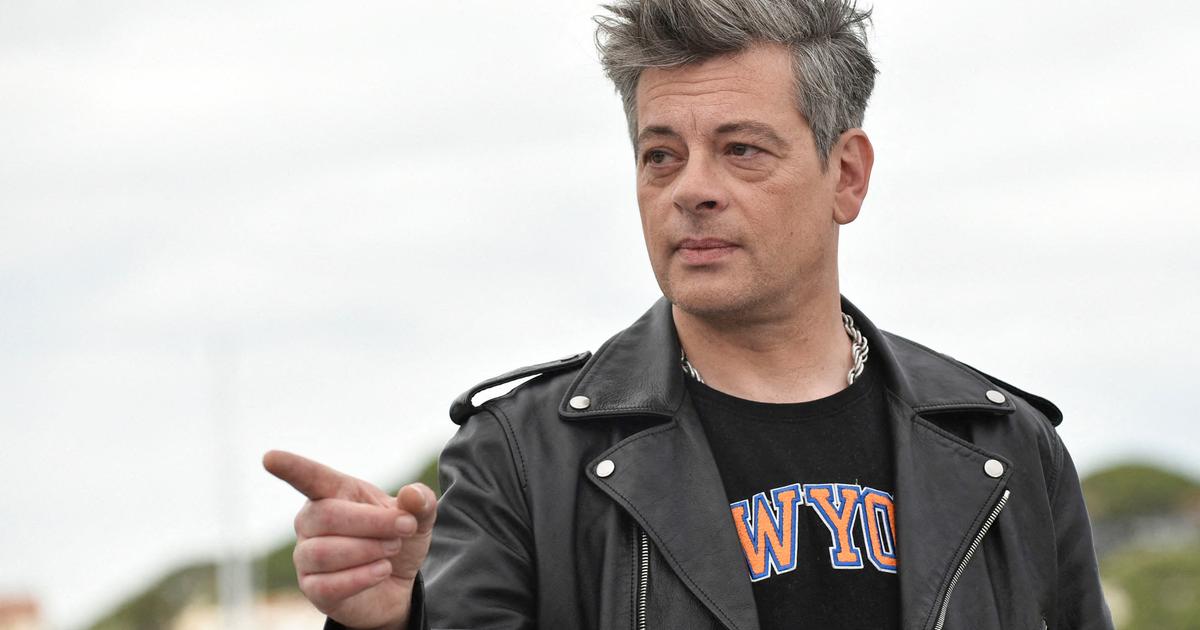Faced with Omicron, a new variant that worries scientists and governments, countries around the world are barricading themselves.
In addition to the multiple border closures, preventive measures in all directions, each according to its orientations and preferences.
However, if the States believe that their disparate reactions are able to protect themselves against this new strain of the coronavirus, this is not the opinion of the WHO.
On the contrary, the organization responsible for representing States in matters of Health, is trying to calm things down and coordinate reactions. Without much success for the moment. Convinced that this great everyone for himself, Omicron way, has been a reflection of global governance since the start of the epidemic, the World Health Organization is working - in parallel with its current recommendations - to equip itself with a binding instrument , to force international solidarity and improve the fight against future pandemics.
"Basically, the pandemic is a crisis of solidarity and sharing," said WHO Director General Tedros Adhanom Ghebreyesus at the opening on Monday of an exceptional meeting of the World Health Assembly - supreme decision-making body of the World Health Organization, which brings together its 194 members, on this subject.
Read also Omicron: Europe barricades itself, won by the fear of a "worrying" variant
After millions of deaths from Covid-19 and immeasurable economic losses, this meeting is a first step in a long process oriented towards the creation of an international health law, supra-state, that is to say which would be binding on States in an emergency, to allow a rapid reaction to future pandemics.
WHO considers that such a tool - an international treaty or an emergency mechanism - could have made it possible to avoid the current assessment of the health crisis, and its many twists and turns.
" Never again "
" Never again ! (…) All this will happen again unless you, the nations of the world, unite to say with one voice: never again! », Declared the Director-General of WHO, at the opening of the discussions. This project, whose potential usefulness is currently highlighted by the Omicron variant, had already been presented to the general public last March, in a forum signed by the leaders of countries spread over five continents, including French President Emmanuel Macron. , German Chancellor Angela Merkel, British Prime Minister Boris Johnson, and South African President Cyril Ramaphosa.
“Today, I hope we will make history. The situation in the world demands it ”, declared Monday during the debates the President of the European Council, Charles Michel, one of the main spearheads of this project. "We want to be better prepared, to have sufficient medical countermeasures which must be distributed equitably around the world and to be able to rely on effective decision-making mechanisms", underlined the French Minister of Health, Olivier Véran.
A few hours later, the G7 Health, which brings together the health ministers of the seven countries with the highest GDP in the world, unveiled a consensus to strengthen the exchange of information on the new Omicron variant.
"With its international partners, France reaffirms that transparency and solidarity between countries must prevail", then declared Olivier Véran, on Twitter.
Calls for a stronger WHO
WHO would like to extend these forms of cooperation to all countries and make them compulsory when the situation requires it. The Omicron variant isn't the only one setting headwinds - WHO recommends keeping borders open and calls for targeted and moderate responses. From the start, the epidemic has highlighted certain failings in international cooperation, from the lack of sharing of samples and data during the first cases, to the Covax device, which is struggling to stimulate vaccination in the poorest countries.
"The current crisis shows how essential it is to have a strong, effective and universal World Health Organization, committed to the long term", noted the Swiss Minister of Health, Alain Berset, during the opening of the WHO meeting. And to warn: “We cannot fail”. However, there is still a long way to go before a treaty or other international instrument on pandemics can see the light of day.
The draft agreement on which WHO members informally agreed on Sunday provides, as a first step, for the creation of "an intergovernmental body" with a view to drafting and negotiating "a convention, an agreement or another WHO international instrument on prevention, preparedness and response to pandemics ”.
An interim report is expected in May 2023. The result should be on the table for the World Health Assembly in May 2024.
An electric shock for more international solidarity
Still, there is an emergency. WHO is not alone in its call for more coordination and more solidarity to fight against the epidemic and against the emergence of Omicron. “I would like this new concern to serve as an electric shock so that the international community realizes the importance of immunizing the population on a global scale. The planet will only be safe when we have achieved global immune coverage that will considerably limit the circulation and the opportunities for the emergence of variants, ”said Arnaud Fontanet, professor at the Institut Pasteur.
The issue of unequal access to vaccines between rich and poor countries, regularly raised by the World Health Organization (WHO), is becoming increasingly glaring. On Monday, the President of the Scientific Council Jean-François Delfraissy called for "not to oppose vaccination with a booster in northern countries and vaccination in southern countries". "It takes both," he insisted, as developed countries rush to take third doses to relieve their hospital systems.
According to a recent World Bank report, $ 50 billion invested to vaccinate the most underprivileged would have "a medium-term return of $ 9 trillion", underlines Arnaud Fontanet, before concluding: "the emergence of new variants may, it, destabilizing our societies and our economies, ”he insists.
This is the main argument of the WHO for imposing its new instrument, despite the reluctance of States: international solidarity would in fact be very profitable.
In terms of health, but also economically.


/cloudfront-eu-central-1.images.arcpublishing.com/prisa/2C5HI6YHNFHDLJSBNWHOIAS2AE.jpeg)

/cloudfront-eu-central-1.images.arcpublishing.com/prisa/L6B3U3KQGJDBFIUSVEPPNPJCBI.jpg)




